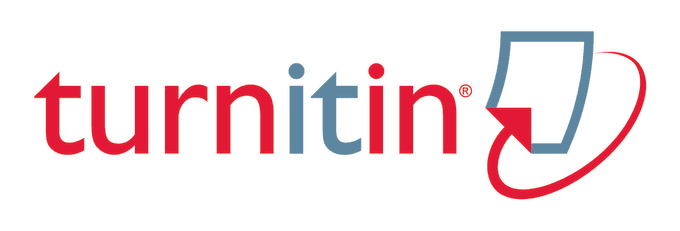Framing Media terhadap Isu Inflasi dan Dampaknya terhadap Perilaku Konsumtif Masyarakat Perkotaan
DOI:
https://doi.org/10.71251/Keywords:
media framing, inflation, consumptive behavior, urban community, Indonesia, economic perceptionAbstract
The study aims to analyze how media framing influences public perception of inflation and its subsequent impact on the consumptive behavior of urban communities in Indonesia. Inflation, as a crucial economic factor, is often portrayed differently across various media outlets, which can shape the way individuals interpret its effects on their daily lives. This research uses a quantitative approach, focusing on the analysis of media content from mainstream outlets, and surveys to assess the resulting behavior of urban consumers in response to inflation-related media coverage. The study explores how different types of framing (positive, negative, or neutral) affect people's understanding of inflation, and how these frames influence purchasing decisions, savings behavior, and consumption patterns in urban areas. The data reveals that media framing has a significant impact on the consumptive behavior of individuals, particularly in urban centers where economic pressures are felt more acutely. The findings suggest that media plays a critical role in shaping consumer behavior by either reinforcing or mitigating the effects of inflation on the public’s decision-making process. Understanding this influence is crucial for policymakers and businesses seeking to manage the economic effects of inflation.
References
Ajzen, I. (1991). The theory of planned behavior. Organizational Behavior and Human Decision Processes, 50(2), 179-211.
Bahtiar, D., & Rianti, G. (2021). Analisis Faktor-Faktor Pelatihan Tentang Kewirausahaan Kepada Pelaku Usaha Mikro Kecil Menengah di Pusat Layanan Usaha Terpadu Koperasi Usaha Mikro Kecil Menengah Kabupaten Cianjur. Jurnal Ilmu Manajemen Retail Universitas Muhammadiyah Sukabumi, 2(1), 1-6.Entman, R. M. (1993). Framing: Toward clarification of a fractured paradigm. Journal of Communication, 43(4), 51-58.
Haryanto, A. (2018). Analisis Inflasi di Indonesia: Faktor Penyebab dan Dampaknya Terhadap Ekonomi Masyarakat. Jakarta: PT Gramedia.
Lestari, S. (2020). Perilaku Konsumtif Masyarakat Perkotaan dalam Menghadapi Inflasi. Yogyakarta: Penerbit Universitas Gadjah Mada.Bahtiar, D., Nugraha, M. S. A., & Marlina, N. (2022). ANALISIS PEMANFAATAN HUTAN SEBAGAI TEMPAT WISATA ALAM DAN DAMPAKNYA PADA TARGET SDGS DESA (STUDI PADA DESA WANGUNJAYA). AGROSCIENCE, 12(2), 118-134.
Entman, R. M. (1993). Framing: Toward clarification of a fractured paradigm. Journal of Communication, 43(4), 51-58.
Iyengar, S. (1991). Is anyone responsible? How television frames political issues. Chicago: University of Chicago Press.
Keynes, J. M. (1936). The general theory of employment, interest, and money. London: Macmillan.
Miller, J. M., & Krosnick, J. A. (2000). Media impact on the public’s perception of inflation. Journal of Economic Psychology, 21(4), 509-520.
Nelson, T. E., Clawson, R. A., & Oxley, Z. (1997). Media framing of a civil liberties conflict and its effects on tolerance. American Political Science Review, 91(3), 567-583.
Richins, M. L., & Dawson, S. (1992). A consumer values orientation for materialism and its measurement: Scale development and validation. Journal of Consumer Research, 19(3), 303-316.
Solomon, M. R. (2018). Consumer behavior: Buying, having, and being (12th ed.). Upper Saddle River, NJ: Pearson.
Smith, J. (2019). The role of media in shaping public perception of inflation. Journal of Media Studies, 25(3), 56-67.
Downloads
Published
Issue
Section
License
Copyright (c) 2024 Wenny Djuarni, Astri Dwi Andriani, Dandi Bahtiar, Destiana Chusnul Chotimah

This work is licensed under a Creative Commons Attribution-ShareAlike 4.0 International License.







